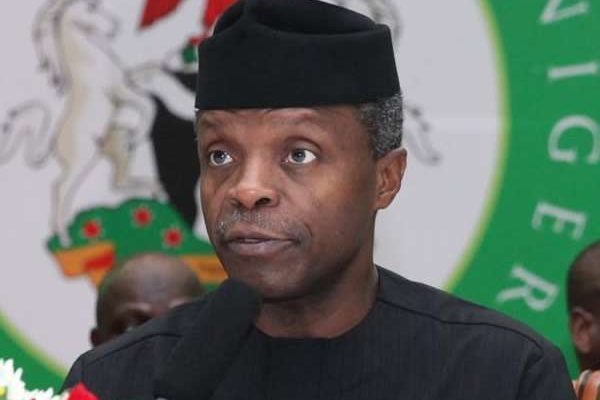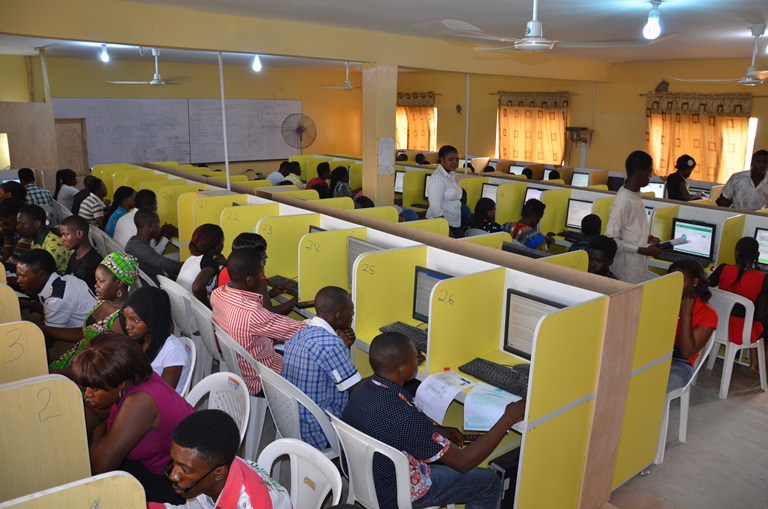FG Expanding Access To Water, Sanitation Facilities To Battle COVID-19- Osinbajo
The Federal Government on Thursday said it is expanding access to Water, Sanitation and Hygiene facilities as one of Nigeria’s most effective weapons against infectious diseases.
Prof. Osinbajo stated this on in Abuja during a virtual inauguration of the Steering Committee of the “Clean Nigeria: Use the Toilet Campaign” as stakeholders ramp up efforts to contain the spread of the coronavirus pandemic.
The event was attended by members of the committee drawn from the Federal Executive Council, States, Local Government Areas, Civil Society and the organised private sector.
According to the Vice President, “we are embarking upon this initiative at a most auspicious time. As our nation confronts the COVID-19 pandemic, we recognize that expanding access to Water, Sanitation and Hygiene (WASH) facilities is our most effective weapon against the scourge of infectious diseases.
“Ensuring the provision of adequate WASH facilities in our communities is the cornerstone of our efforts to strengthen the resilience of our public health structures beyond the present challenge of COVID-19. This is the basis of our commitment to ending open defecation and more broadly to raising the standards in the WASH sector.”
Speaking on the progress made since the adoption and implementation of the national road map for WASH in 2016, Prof Osinbajo said more LGAs across the country have so far been certified as Open Defecation Free according to the National Open Defecation Free (ODF) Protocol.
Continuing, the Vice President noted that “the key objectives of this effort include the implementation of a campaign to end open defecation in Nigeria by 2025.
“This will involve mobilizing support and resources (i) at the highest political level and (ii) within the private sector, the communities and from development partners.”
Further on the importance of the campaign on sanitation and hygiene in Nigeria, he said “it will create a pool of resource persons to support local actors to implement this nationwide transformational sanitation agenda.
“The campaign will mobilize various strata of the society to imbibe a new culture of safe sanitation through behavioural change communication and advocacy strategies; we will also establish mechanisms for tracking progress and sharing knowledge and lessons learnt.”
Reading out the terms of reference for the steering committee, the Vice President said the group will meet bi-annually to amongst other things provide strategic oversight to the implementation of the Clean Nigeria Campaign.
According to him, “the committee will oversee and advise on the implementation and strategic orientation proposed by the Clean Nigeria Secretariat to execute the campaign.”




